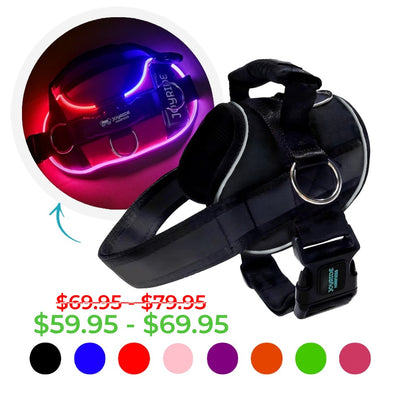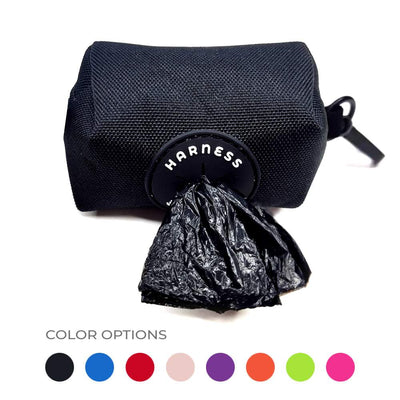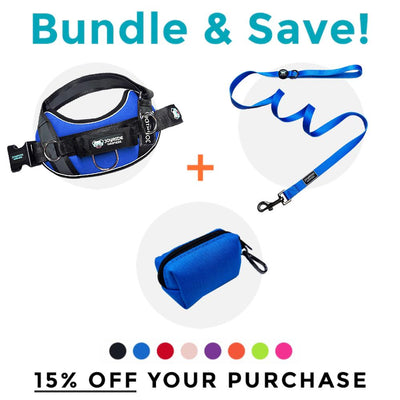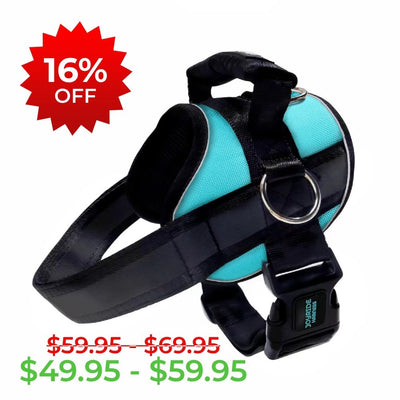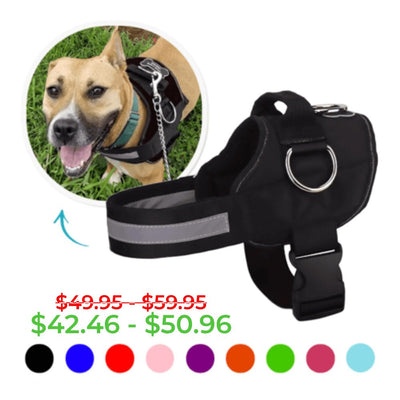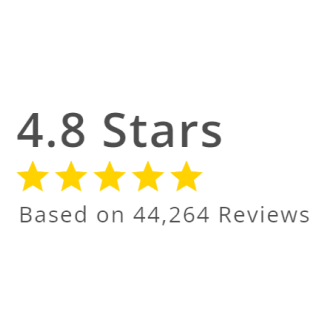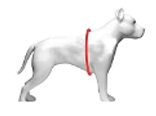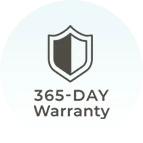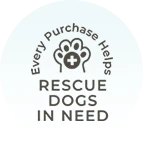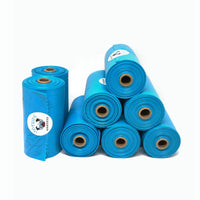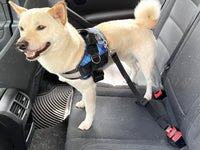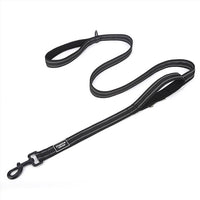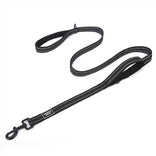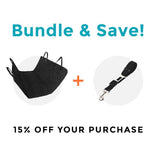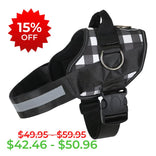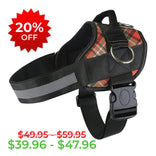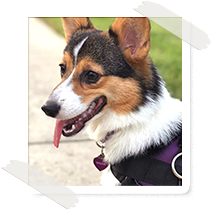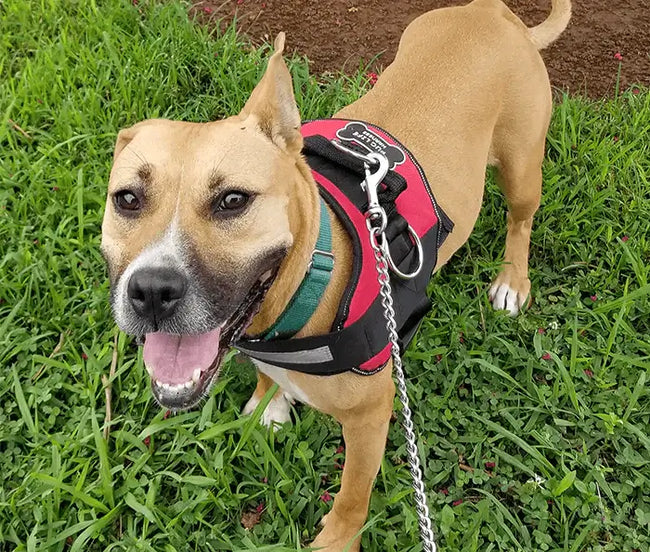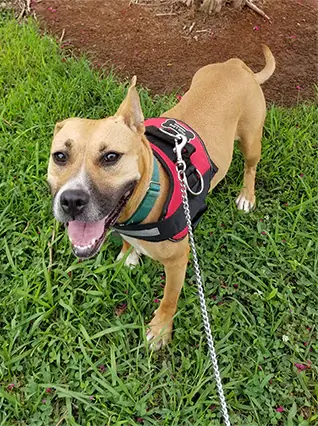Common Things Your Dog Shouldn’t Eat (and What To Do About It)

Dogs are naturally curious. They're a lot like young children in this way. Because dogs don't have hands, they usually pick things up with their mouths. Checking out a new item with their teeth helps a dog to understand what they're playing with.
Sometimes curiosity goes too far and the dog ends up swallowing things that aren't food. When a dog eats a non-food item, it's normal for their humans to worry.
Some of these things will pass through the dog's system with no problem. Others are more risky.
Let's look at a few things dogs usually swallow and what you can do if this happens.

Common Things Dogs Swallow
Socks/Pantyhose/Underpants
Socks, pantyhose, and underwear can find their way into a dog's mouth easily. This is because dogs smell humans on their clothes. Exactly why dogs chew our clothes isn't certain. The dog might feel comforted by a person's smell. The dog might just enjoy chewing on something soft. However, if your pet ends up swallowing a piece of clothing, you're right to worry.
Toys/Balls
Of course a toy or ball is meant to be in your dog's mouth sometimes. Some dogs are a little rough with their toys, though. This could lead to the toy or ball breaking apart. Once the item is in pieces, a dog might swallow some of the material they tore up. A very small piece might not make your pet sick, but larger pieces are concerning.
Rocks/Sticks
Dogs want to explore the outdoors. This can include checking out sticks and rocks. Unfortunately, they use their mouths for this task. Chewing or licking sticks and rocks can lead to pieces being swallowed. If you notice that your dog has swallowed a stick or rock, you might need to contact your get.
Bones/Human Food
The smell of human food is hard for a dog to resist. If your pet has access to the garbage, he or she might find a bone or corn cob to eat. If this happens, the result could be serious. A swallowed bone or corn cob is very hard to digest, so again, it might be time to call the vet.

How Do I Help My Dog
If your dog swallowed something that isn't food, don’t panic! There are a few things you might need to do to check on your companion.
First, get the rest of the item away from your dog so that he or she can't eat more of it. Then check to make sure the animal isn't choking. If choking is a concern, check inside the dog’s mouth. If you can see the object and you can remove it safely, do so. If you can’t, you’ll need to seek emergency vet care right away.
If your dog isn't choking and doesn't look injured, you will still need to contact your veterinarian. Explain to them what just happened and follow their instructions.
You might need to go in for an emergency visit so that the vet can examine your dog. He or she might then need to remove the item surgically.
Fortunately, in some cases, the vet will let you know that the item will pass on its own and your dog is not in danger.

How To Prevent Future Issues
If your dog has already swallowed something they shouldn't, you'll want to prevent a repeat. To avoid future scares, limit your dog's access to things they might accidentally eat. Try these tips:
1. Keep trash covered properly. Dogs can be too smart for their own good. If your pet has learned how to get into the trash, a tougher can is a must. Buy a trashcan with a lid, one that can be latched closed. This way, your dog can't get into trash so easily.
2. Don't let your dog wander. During walks, dogs like to run around. If your dog tries to eat dangerous items, though, keep wandering to a minimum. Instead, walk your dog using a harness. A high-quality, comfortable harness will still allow your dog to explore. However, you'll be able to keep your pet close and use a sharp eye to keep dangerous items away from their mouths.
3. Buy more durable toys. Some dogs play too hard with small toys. Fortunately, Kongs and other sturdy toys might help prevent pieces from breaking off. This way, your dog won't be able to swallow them.
4. Hide your laundry. If your dog chews your laundry, it's important to keep it out of reach. Keep your clothes in rooms where the door can be closed. You might also try to use a hanging hamper for your laundry.
Finally, training usually helps teach dogs not to chew on non-food items. If your pup is young, have patience and work on training. They’ll figure out what they can and can’t chew when the time is right.

SOURCES: iHeartDogs, PetMD

